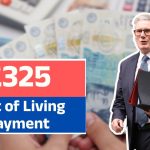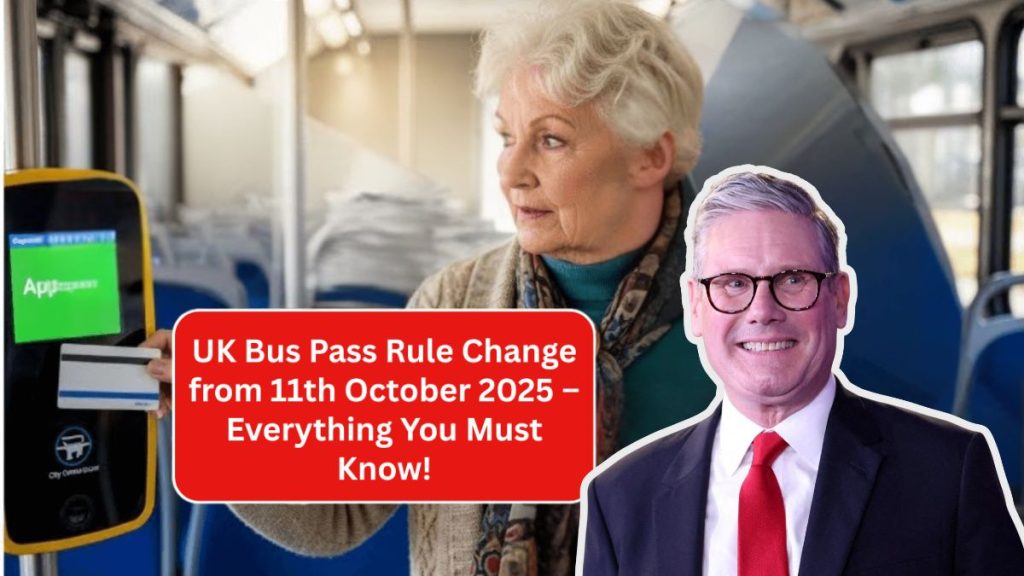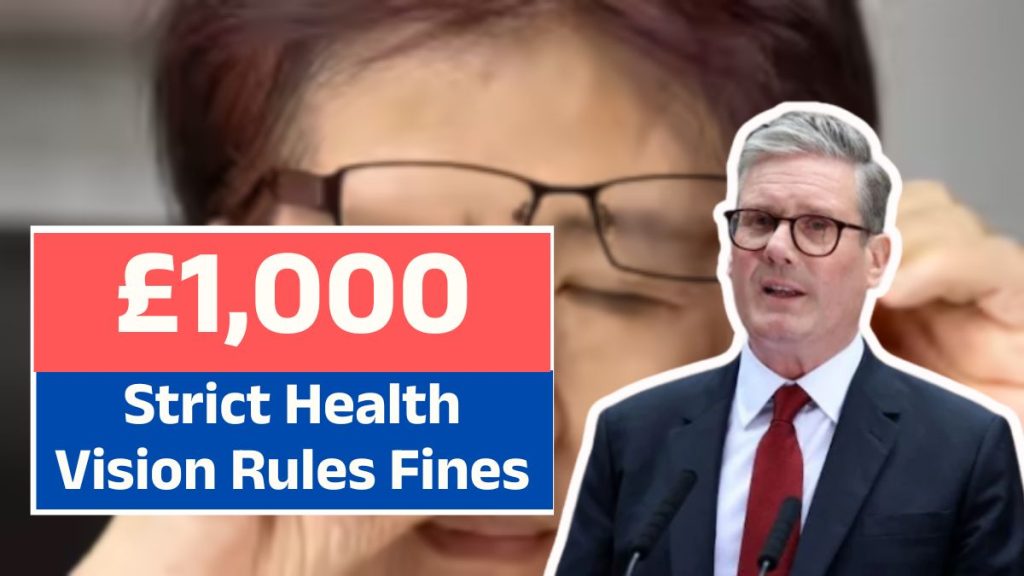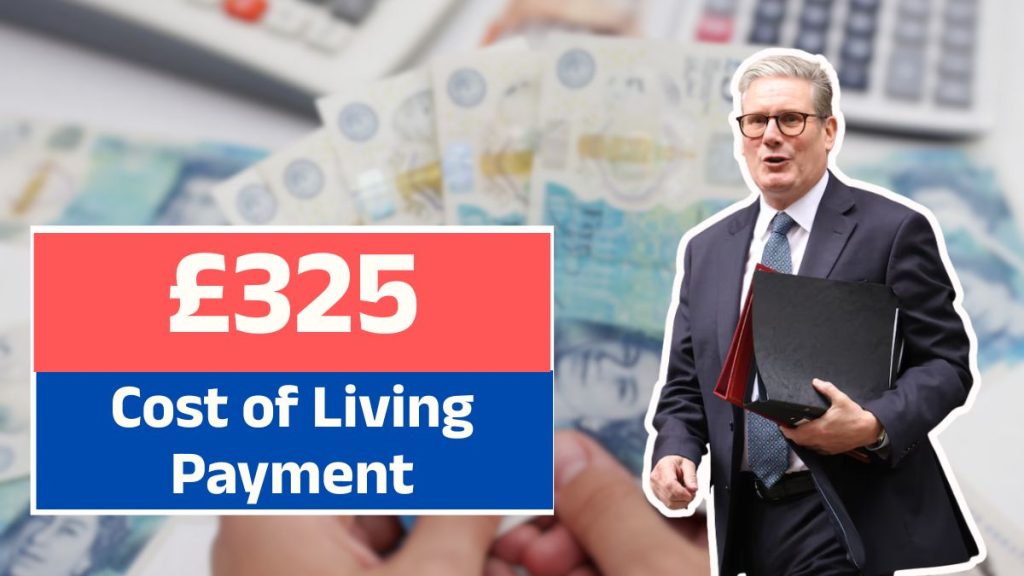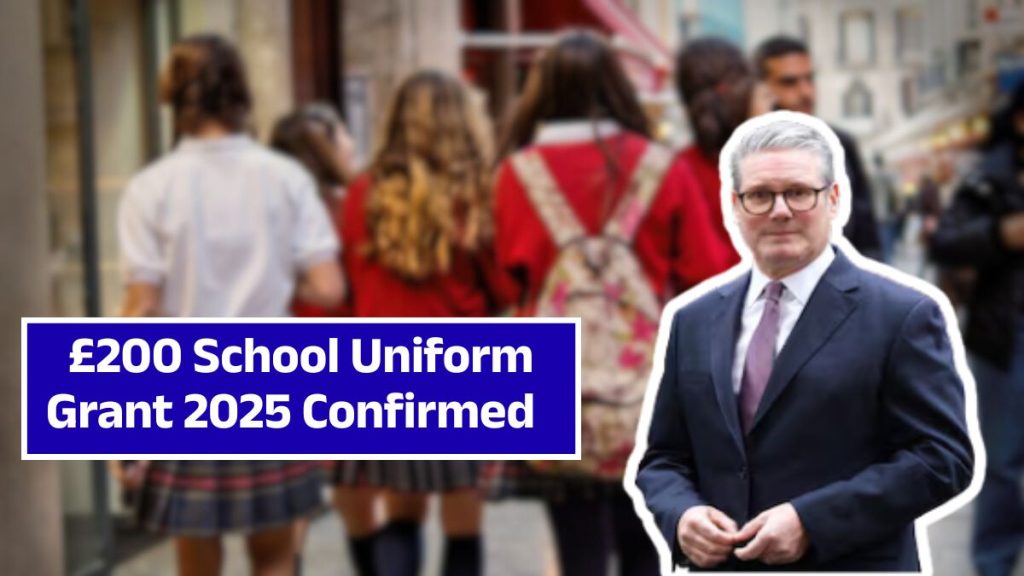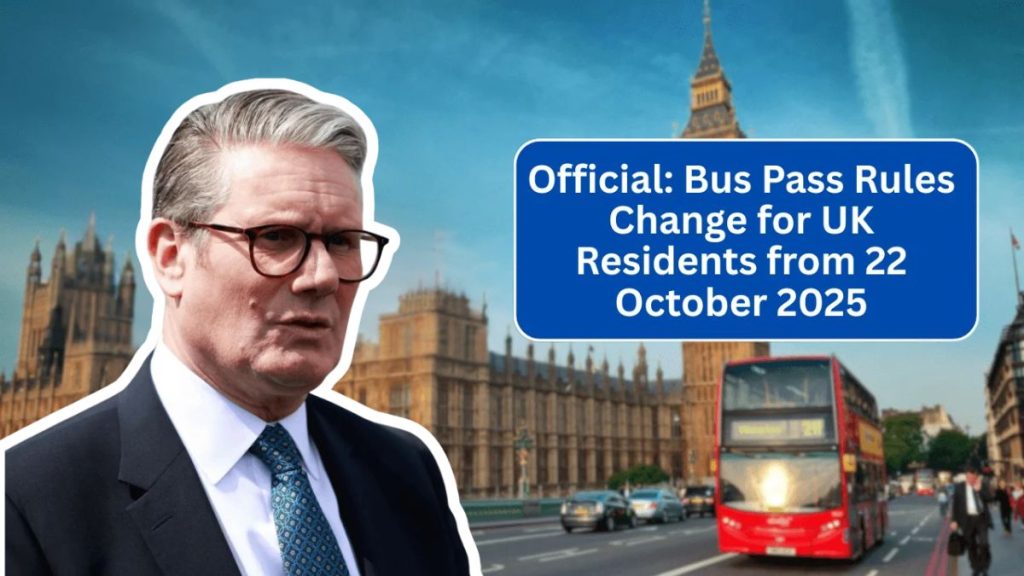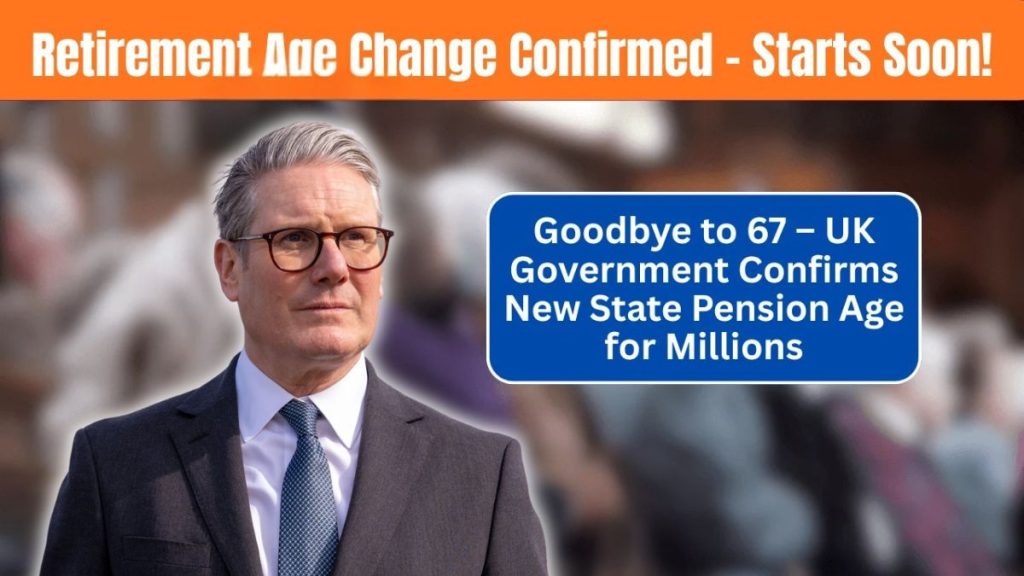The HM Revenue and Customs (HMRC) has issued an important clarification to address growing concerns among UK pensioners about a so-called £300 bank deduction linked to Winter Fuel Payment adjustments.
Amid circulating social media rumours suggesting that HMRC planned to withdraw £300 directly from pensioners’ bank accounts, the department confirmed that no such direct deductions will take place.
Instead, HMRC clarified that any necessary adjustments — particularly for higher-income pensioners — will be handled through tax code updates or Self Assessment bills, not through immediate bank transactions.
What the £300 Adjustment Really Means
The £300 figure being discussed relates to the Winter Fuel Payment, a long-standing annual benefit designed to help older citizens manage rising heating and energy costs during winter.
Payments under this scheme typically range from £100 to £300, depending on age and household circumstances. However, some retirees with higher taxable incomes or overlapping benefits may find that a portion of this allowance becomes taxable or must be reclaimed through tax arrangements.
HMRC has stressed that the adjustment is not a clawback, but rather a standard tax reconciliation, ensuring that payments are applied fairly based on income thresholds.
Quick Facts at a Glance
| Key Fact | Detail |
|---|---|
| Adjustment Amount | Up to £300 |
| Who May Be Affected | Pensioners with higher taxable income or incorrect eligibility |
| Mechanism Used | Tax code change or Self Assessment — not bank withdrawal |
| Purpose | To correct overpayments or manage taxable benefits under Winter Fuel rules |
Why the £300 Rumour Spread
The confusion began after misleading online posts claimed that HMRC would “take back” £300 from pensioners’ accounts to recover overpaid energy support.
Such messages triggered panic among many older citizens, particularly those on fixed incomes who rely on these payments for heating and food expenses.
Officials have now confirmed that these claims are completely false.
“There will be no direct bank withdrawals. Any adjustments related to the Winter Fuel Payment will be reflected in tax codes or Self Assessment returns,” an HMRC spokesperson stated.
Why the Adjustment Exists
The Winter Fuel Payment has always been subject to certain income-related conditions. It is non-means-tested, meaning all qualifying pensioners receive it automatically, but those with higher overall taxable income may find that it influences their tax obligations.
According to HMRC, this affects individuals who:
- Have State Pension plus private pension or investment income that exceeds the personal allowance.
- Accidentally received the Winter Fuel Payment without meeting the required criteria.
- Are higher-rate taxpayers under Self Assessment.
For such individuals, HMRC may include part of the payment as taxable income or adjust tax codes to recover the balance — quietly and automatically, without distressing withdrawals.
Expert Opinions and Charity Response
The reassurance has been welcomed by both financial experts and charities supporting older citizens.
Caroline Abrahams, Charity Director at Age UK, said:
“These reports risked unnecessary panic among pensioners. It’s vital that retirees understand this is not HMRC taking money without warning — it’s a standard tax adjustment, but communication must improve.”
Financial advisers have similarly urged pensioners not to panic and to check their Personal Tax Accounts online through Gov.uk for any updated information.
Who Could Actually See a £300 Adjustment
The number of people affected is expected to be relatively small. According to HMRC and pension experts, the most likely groups include:
- Higher-income pensioners – Those earning above £35,000 per year, especially with private pensions or investment income.
- Pensioners on Self Assessment – Individuals already required to report additional income annually.
- Those incorrectly paid the Winter Fuel Allowance – For instance, individuals who moved abroad or no longer meet residency criteria.
Even in these cases, no immediate repayment will be taken from bank accounts; instead, the adjustment will show up via tax code updates or end-of-year assessments.
How Tax Code Adjustments Work
When HMRC identifies that an individual’s benefit payment exceeds their tax-free allowance, they typically adjust the tax code used by employers or pension providers.
This means a slightly higher tax deduction each month — not a one-time charge. For those in the Self Assessment system, the adjustment may appear in their annual bill, providing clear transparency about how the amount was calculated.
How to Check If You’re Affected
Pensioners who wish to confirm whether any tax changes apply can do so through several official channels:
- Check HMRC Correspondence: Review any letters or notices regarding updated tax codes for 2025–26.
- Log In Online: Use your Personal Tax Account on www.gov.uk to view live information about your tax code and benefits.
- Contact HMRC Directly: If you’re unsure or see unexpected changes, contact the HMRC helpline for clarification.
- Avoid Third-Party Claims: Do not share banking details or respond to unverified social media posts claiming to “help process” the deduction.
No Direct Withdrawals — Official Assurance
HMRC has reiterated that all adjustments will follow established tax processes.
In its written statement, the department said:
“There will be no direct bank withdrawals. Any adjustments related to the Winter Fuel Payment will be reflected in tax codes or Self Assessment returns.”
This statement was issued to reassure 12 million pensioners across the UK, many of whom were unsettled by viral claims of bank deductions.
The Broader Financial Context
The clarification comes at a time when older citizens are facing rising costs for essentials — particularly energy. The Office for National Statistics (ONS) reports that nearly one in four older households struggles to pay heating bills during winter.
The government has emphasized that while support continues for those most in need, eligibility must remain targeted and efficient.
The Winter Fuel Payment — alongside the Pensioner Cost of Living Payments and Cold Weather Payments — remains an essential lifeline for millions of retirees.
How Pensioners Can Protect Themselves from Scams
Scammers often exploit trending financial news, and HMRC has warned of fake texts or emails using the £300 story to trick pensioners into revealing personal details.
To stay safe:
- Never click on links or attachments in unexpected messages.
- HMRC will never ask for bank or personal details by phone or email.
- Report suspicious messages to [email protected] or via the Action Fraud website.
Wider Reaction and Calls for Better Communication
Consumer protection groups have noted that while HMRC’s clarification is helpful, the confusion highlights the need for simpler communication about how benefits interact with taxes.
Martin Lewis, founder of MoneySavingExpert, commented that:
“Complex systems often cause unnecessary fear. Clear, upfront information about how and when deductions happen would prevent these rumours taking off in the first place.”
Advocates are now urging the DWP and HMRC to coordinate messaging for pensioners who rely heavily on fixed incomes and traditional banking methods.
Practical Steps Pensioners Should Take
- Review HMRC Letters and Tax Codes: Check for any updates reflecting income adjustments.
- Monitor Your Personal Tax Account: Accessible via www.gov.uk/personal-tax-account.
- Consult Qualified Advisers: Seek help from registered financial planners or Age UK helplines before acting on rumours.
- Avoid Panic: Adjustments are gradual and not unexpected; no one will lose £300 overnight.
Government Emphasis on Fairness
The government insists that these adjustments are part of its commitment to fair taxation — ensuring public funds like the Winter Fuel Payment are distributed effectively to those most in need.
While some higher-income pensioners will see modest changes, the vast majority will remain unaffected and continue receiving full Winter Fuel support as usual.
Frequently Asked Questions (FAQs)
1. Will HMRC take £300 directly from my bank account?
No. HMRC has confirmed there will be no direct bank withdrawals. Any adjustments will be made through tax codes or Self Assessment.
2. Why might I owe £300?
Some higher-income pensioners who received the Winter Fuel Payment may need to repay part of it through their tax bill, depending on total taxable income.
3. How will I know if I’m affected?
You’ll receive official correspondence from HMRC or can log into your Personal Tax Account online to check your updated tax code.
4. Is this the same as losing my Winter Fuel Payment?
No. The payment itself still goes out as normal — the adjustment only applies to those whose income exceeds taxable limits.
5. What should I do if I’m unsure or see deductions?
Contact HMRC directly or seek advice from Age UK or a registered adviser. Do not rely on unverified online claims or messages.



